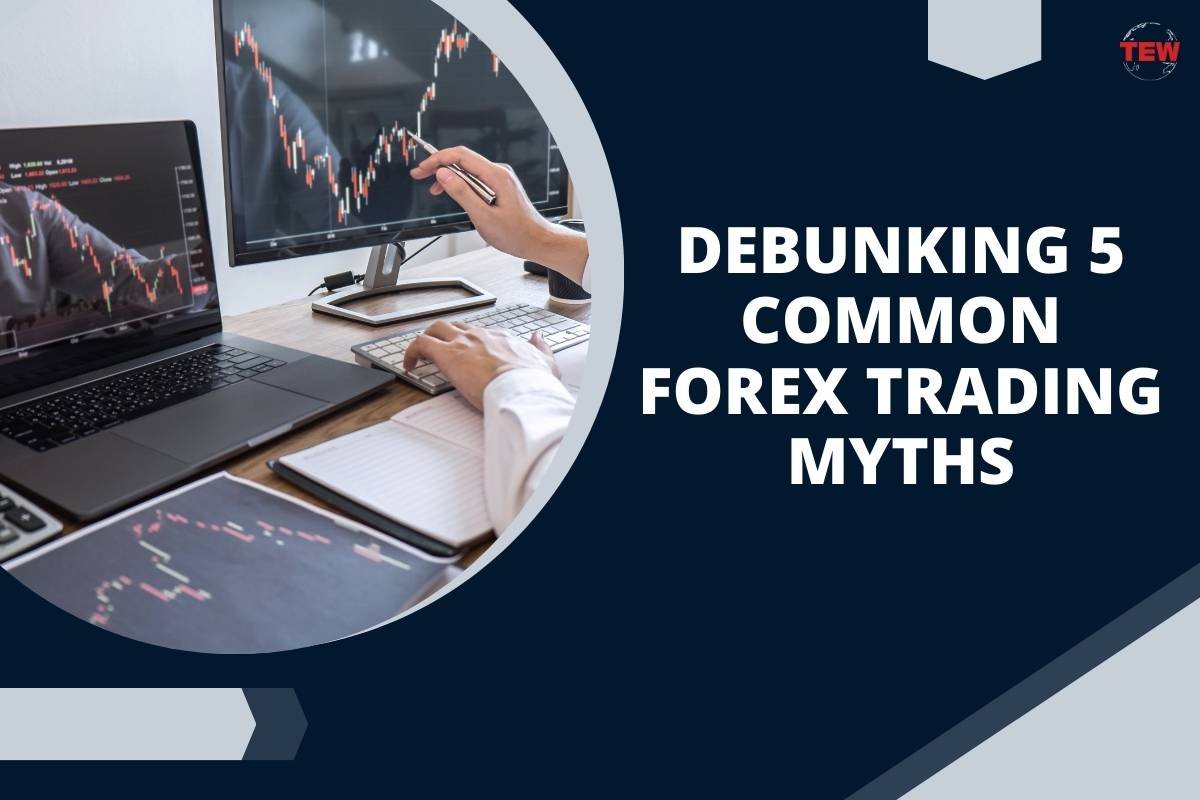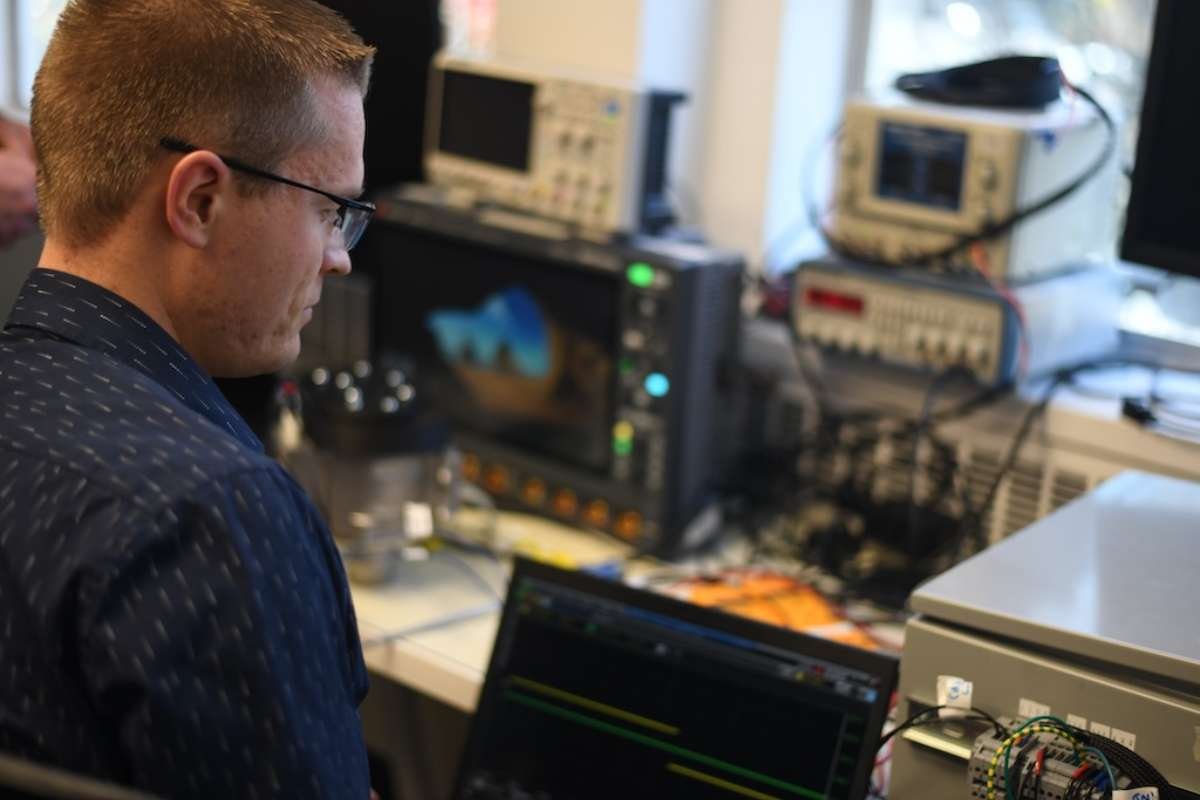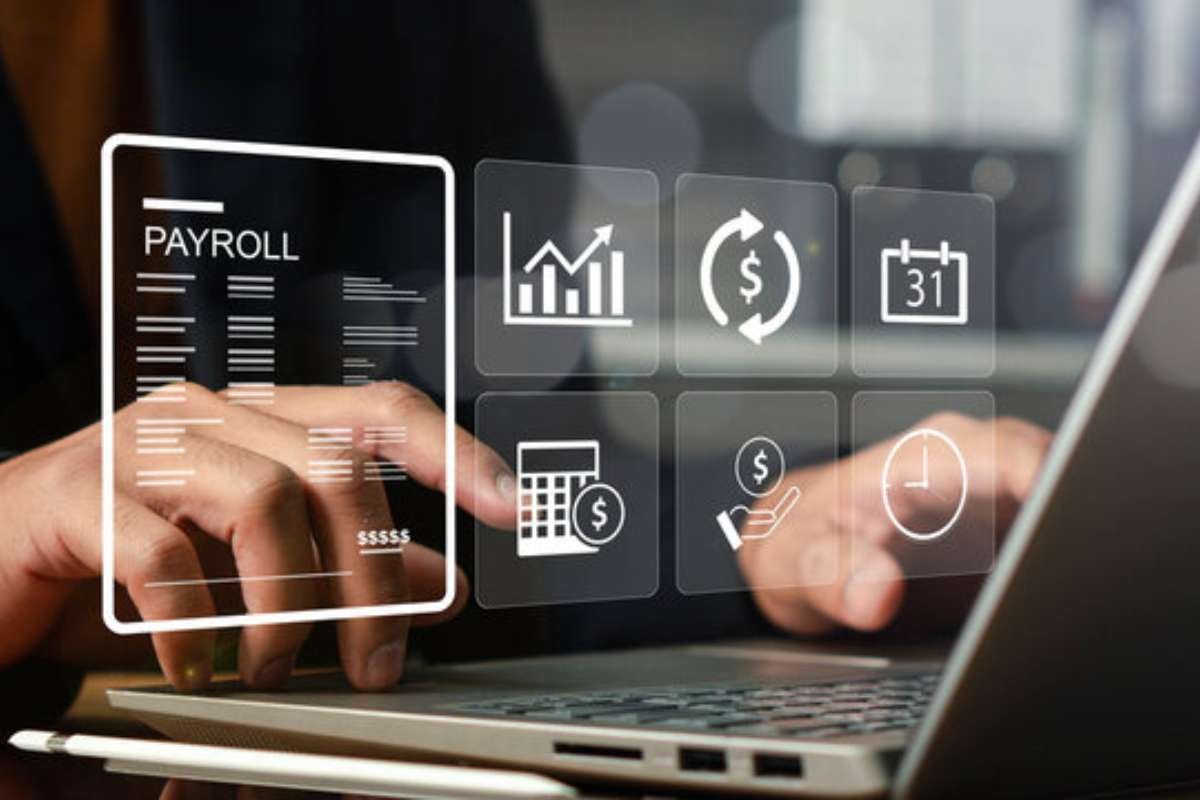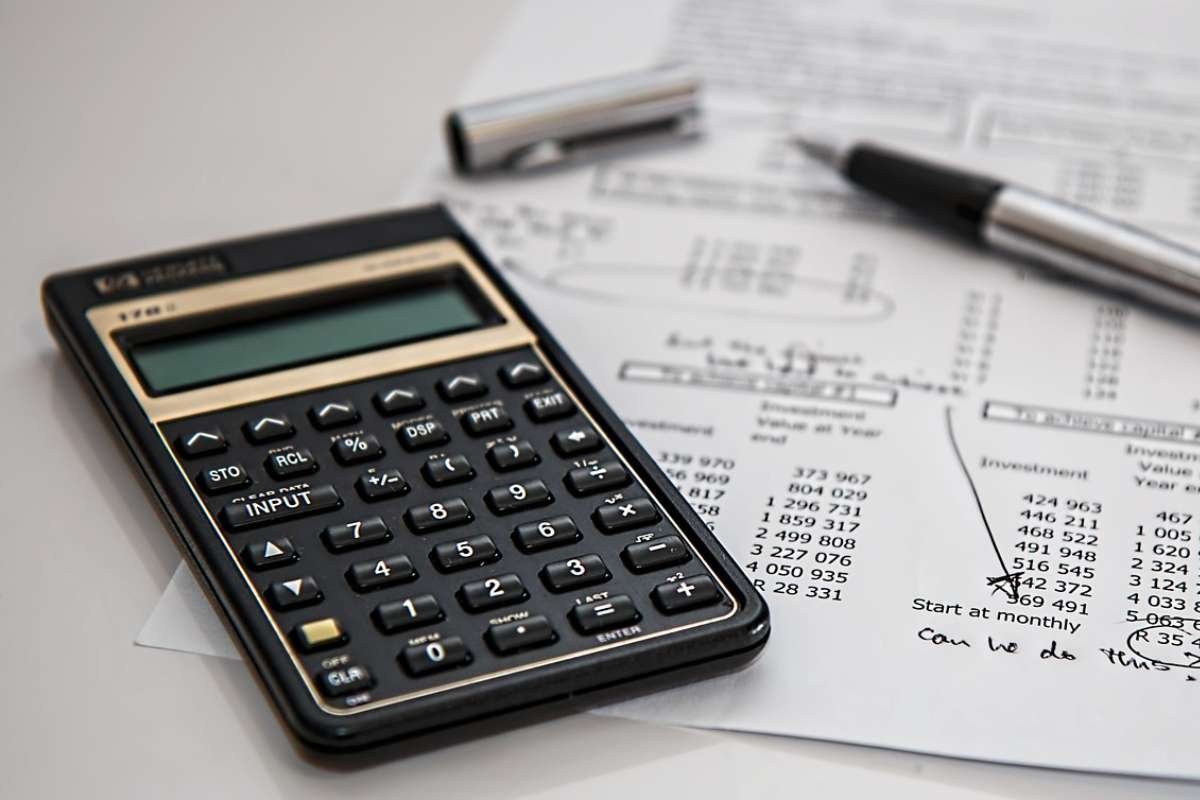What if I told you that much of what you’ve heard about forex trading could be holding you back from real success? Every day, thousands of traders step into the forex market, fueled by aspirations and shaped by a mixture of facts and fiction. The allure of trading currencies is undeniable—offering flexibility, extensive reach, and significant profit potential.
However, many traders enter the arena with misconceptions that cloud their judgment and hinder their strategies. In this article, we’re taking a closer look at the top 5 forex trading myths that circulate in trading circles and online forums, debunking them one by one to give you a clearer path to informed trading decisions and better outcomes.
Whether you’re just curious about forex or deeply embedded in daily trading, understanding these forex trading myths can transform your approach and potentially your profits. Let’s expose these forex trading myths for what they really are and set the stage for more successful trading.
Here are 5 common forex trading myths:
1. Forex Trading is a Get-Rich-Quick Scheme
A lot of folks think that forex trading is a quick way to make tons of money. You know, like waking up one morning, throwing some cash into the market, and bam—you’re rolling in dough. Unfortunately, that’s not how it works at all. If you jump into forex trading myths that think it’s going to be super easy to get rich, you’re in for a surprise.
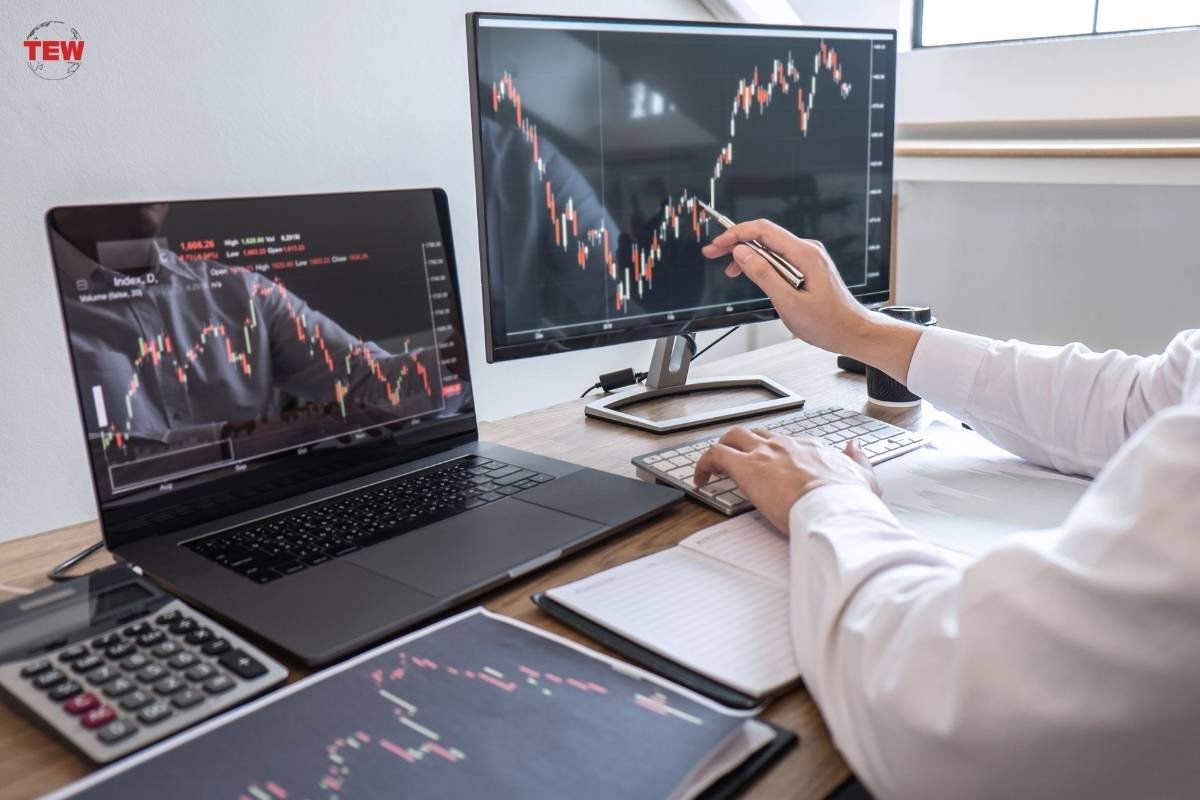
To actually do well in forex trading, you need a good education on the topic, a solid plan, and a ton of discipline. It’s more like running a business than playing the lottery. You have to really understand the market and work hard at mastering trading strategies. The traders who make it big aren’t just lucky—they’re dedicated. They spend a lot of time learning how everything works and stay consistent with their strategies, even when things get tough.
Take it from the pros who’ve been in the game for years; they’ll tell you that their success comes from hard work and sticking to their plans, not from shortcuts or overnight tricks. So, if you’re thinking about getting into forex trading, be ready to put in the effort and learn as much as you can. Remember, there’s no easy path to success in the trading world!
2. Forex Trading Requires Constant Monitoring
Some people think that if you get into forex trading, you have to be glued to your computer screen all day long. That’s not exactly true. Yes, you do need to pay attention to what’s happening in the markets, but that doesn’t mean you can’t have a life outside of trading.
There are these cool tools called stop-loss orders and automated forex trading platforms that really help out. A stop-loss order is like a safety net. It automatically closes your trade at a specific price if things start going south, so you don’t lose too much money. Then there’s automated trading, which is pretty awesome because it does the trading for you based on the rules you set up. You can find platforms like these at places like automated forex trading platform that can handle your trades even when you’re doing other stuff, like hanging out with friends or studying.
Using these tools means you don’t have to monitor everything all the time. They help you manage your risks and can even lock in profits for you automatically. This way, forex trading doesn’t have to take over your entire day or interfere with your personal life. You can balance trading with other activities, making it a part of your life without it being your whole life.
3. Forex Trading is Gambling
A lot of people think that forex trading is just like gambling, but that’s not true at all. From all forex trading myths, this is very common. Forex trading isn’t about luck or just making random guesses. It’s actually all about strategy and carefully analyzing the market. Successful forex traders spend a lot of time studying the market. They look at things like economic reports, charts, and even what’s happening in the world politically to make smart decisions about where the currency prices are heading.
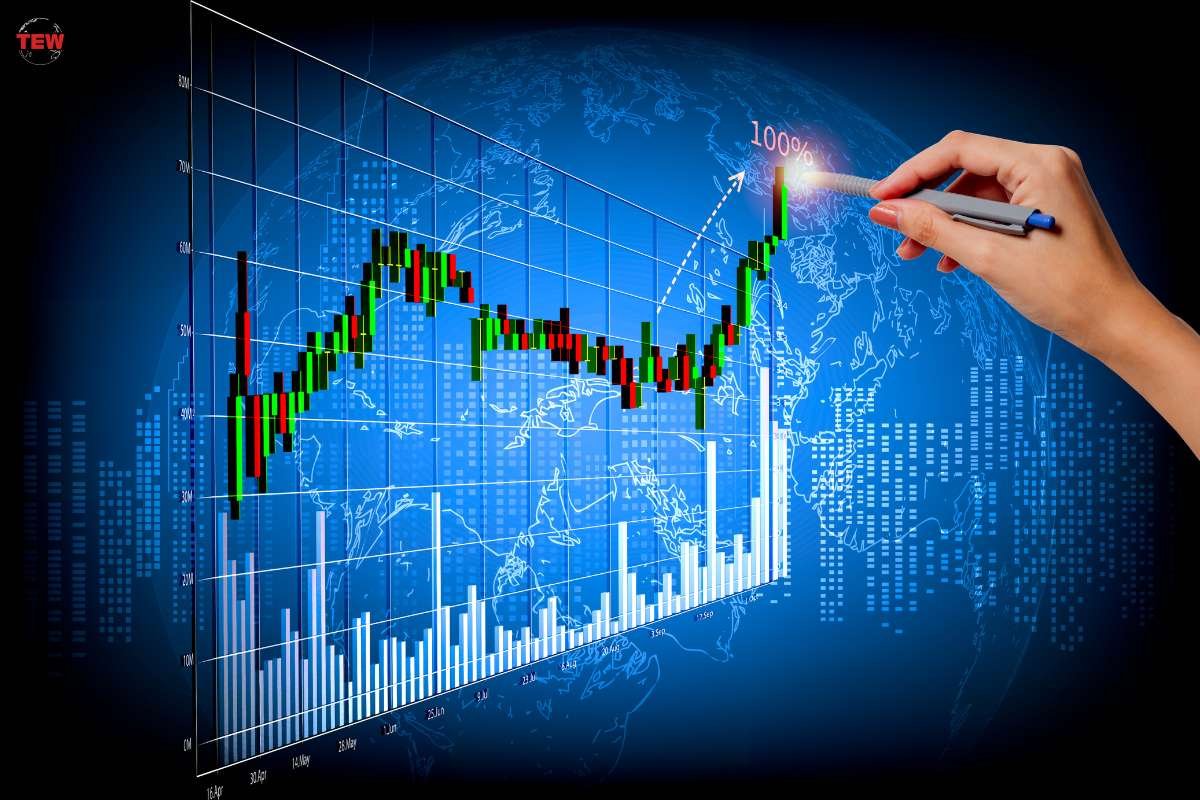
For example, when traders analyze economic indicators like employment rates or inflation, they’re trying to predict how these factors will influence currency values. They use charts to spot patterns that have happened before and might happen again. This isn’t about guessing; it’s about seeing trends based on real data.
Also, forex trading involves a lot of planning and discipline. Traders set up rules for themselves on how much they’re willing to risk and stick to those rules to manage their money safely. They use probabilities and statistical analysis to find trades that have a higher chance of winning, which is a lot different from just throwing money down on a roulette table and hoping for the best.
So, if you think about it, saying forex trading is gambling is way off base. It’s a skill that requires a lot of brainpower, patience, and careful analysis, not just luck.
4. Only Experts Can Succeed in Forex Trading
A lot of people think you’ve got to be some kind of Wall Street whiz to make it big in forex trading, but that’s just not true. Seriously, anyone who’s ready to put in the effort and learn can get into forex trading. The internet’s jam-packed with awesome resources that can teach you everything from the basics to more advanced tricks of the trade. You can find tons of articles, videos, and online courses that are perfect for beginners.
And it gets better—you don’t have to risk your hard-earned money while you’re still learning. Lots of trading platforms offer what’s called demo accounts. These are basically practice accounts where you can trade using fake money, which is a safe way to get your feet wet. This way, you can make all the rookie mistakes without losing a cent.
Plus, there’s a whole world of support out there. Many trading communities and mentorship programs offer guidance and share insights from people who’ve been trading for years. These can be golden opportunities to learn the ropes from seasoned traders who know what it takes to succeed. So, don’t let the myth fool you—while having a background in finance might help, it’s definitely not a must. With the right resources and a commitment to learning, pretty much anyone can try their hand at forex trading.
5. You Need a Large Amount of Capital to Start Trading
A lot of people think that to start trading forex, you need to have a big pile of money ready to go. But that’s actually not true! Nowadays, with all the advancements in technology, even someone with a smaller budget can jump into trading. This is possible thanks to something called leverage. What leverage does is pretty cool—it lets you trade much larger amounts than what you actually have in your account. It’s like being able to control a huge robot while only pushing a few buttons.
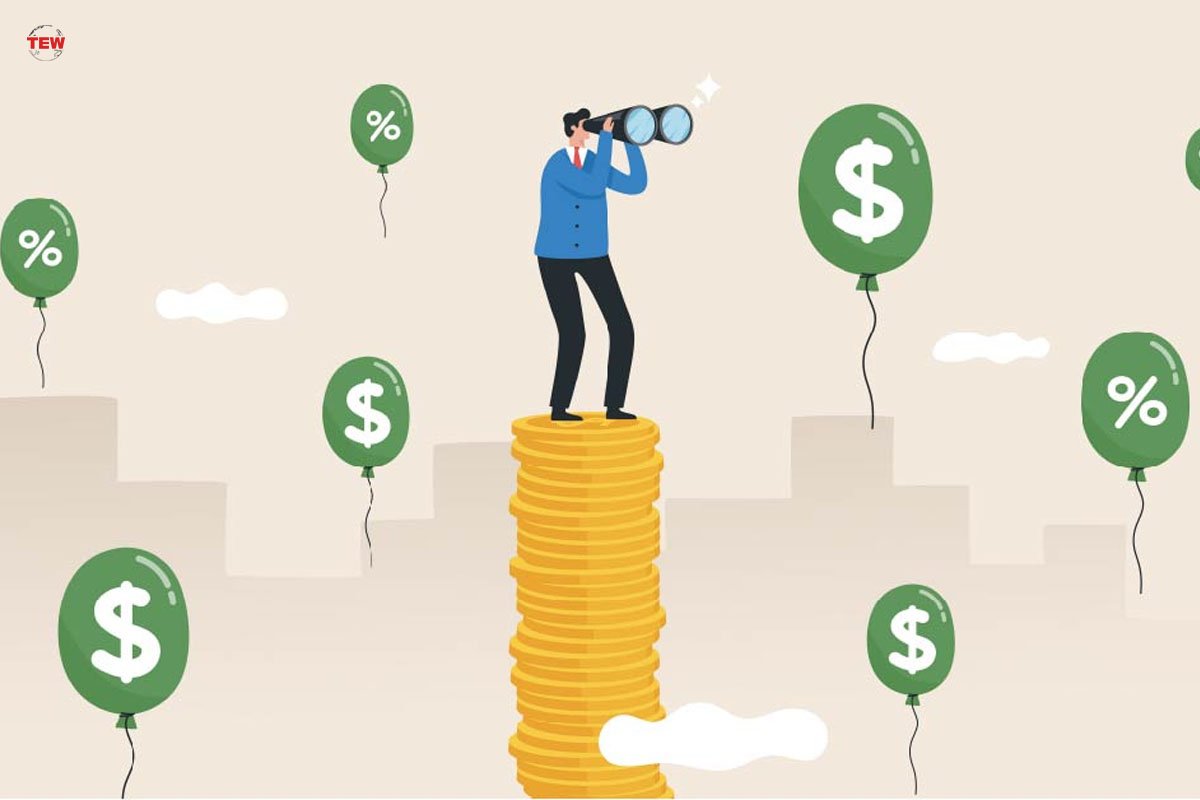
So, imagine you want to trade but don’t have thousands of dollars. With leverage, you can start with a smaller amount of money and still make trades that could potentially bring in big returns. It’s kind of like using a magnifying glass to make something small look a lot bigger. However, just like anything powerful, you have to use it wisely. Leverage can increase your profits, but it can also increase your losses if you’re not careful.
That’s why it’s super important for new traders to really understand how leverage works and to use good risk management strategies. If you want to dive deeper into how to use leverage safely in your trading, check out https://leverage.trading/. Start with what you can afford to lose, and take the time to learn how everything works. If you’re cautious and smart about it, you can gradually increase your trading as you get more experienced.
Wrapping up
Alright, so we’ve busted some pretty big forex trading myths today. Hopefully, you’re walking away with a clearer picture of what it really takes to succeed in this exciting market. Remember, trading isn’t about getting lucky overnight or making huge bets without thinking. It’s about smart strategies, understanding the market, and having the discipline to stick to your plan.
Forex trading is open to everyone, whether you’re just starting out with a small budget or you’ve got more to invest. You don’t need to be glued to your screen 24/7, thanks to tools like automated forex trading platforms, and you certainly don’t need a finance degree to make it big. What you really need is the willingness to learn and the persistence to keep going, even when the going gets tough.
So, don’t let these forex trading myths hold you back. With the right approach and a bit of hard work, you can be well on your way to becoming a savvy forex trader. Dive into the resources available, practice as much as you can, and always, always manage your risks wisely. Here’s to making informed trading decisions and finding success on your own terms in the forex market!

